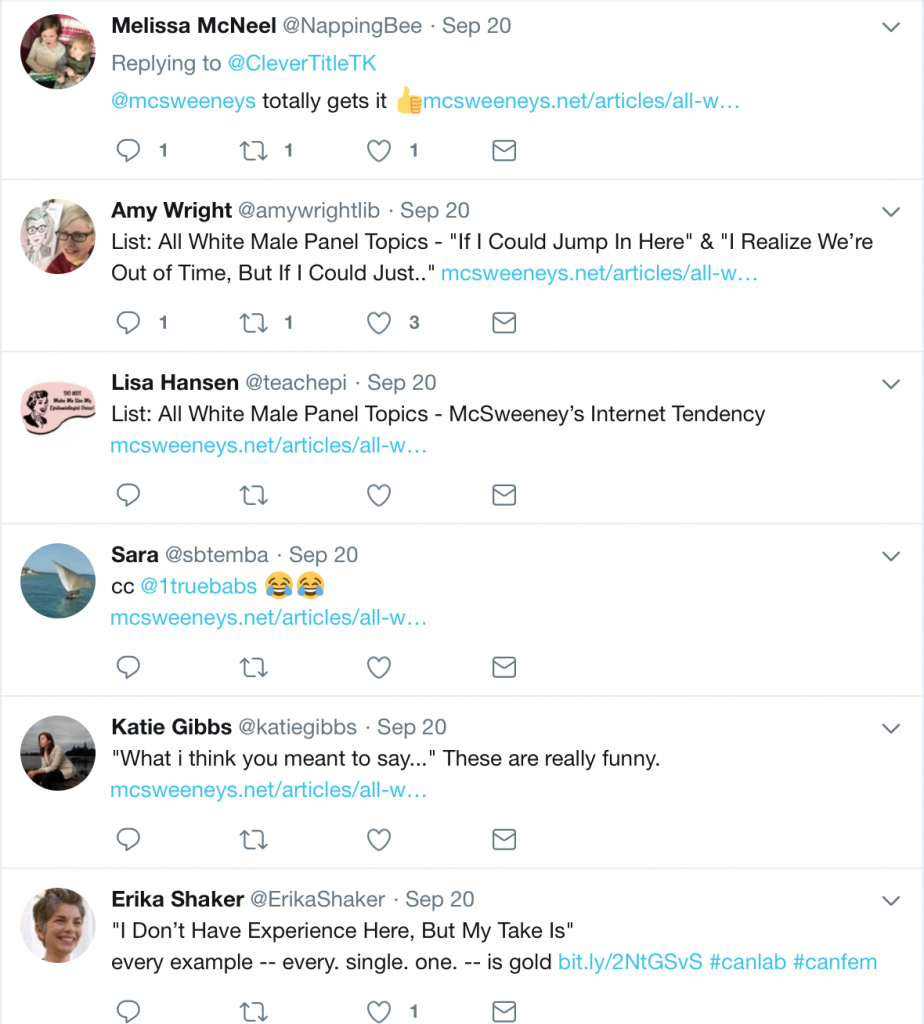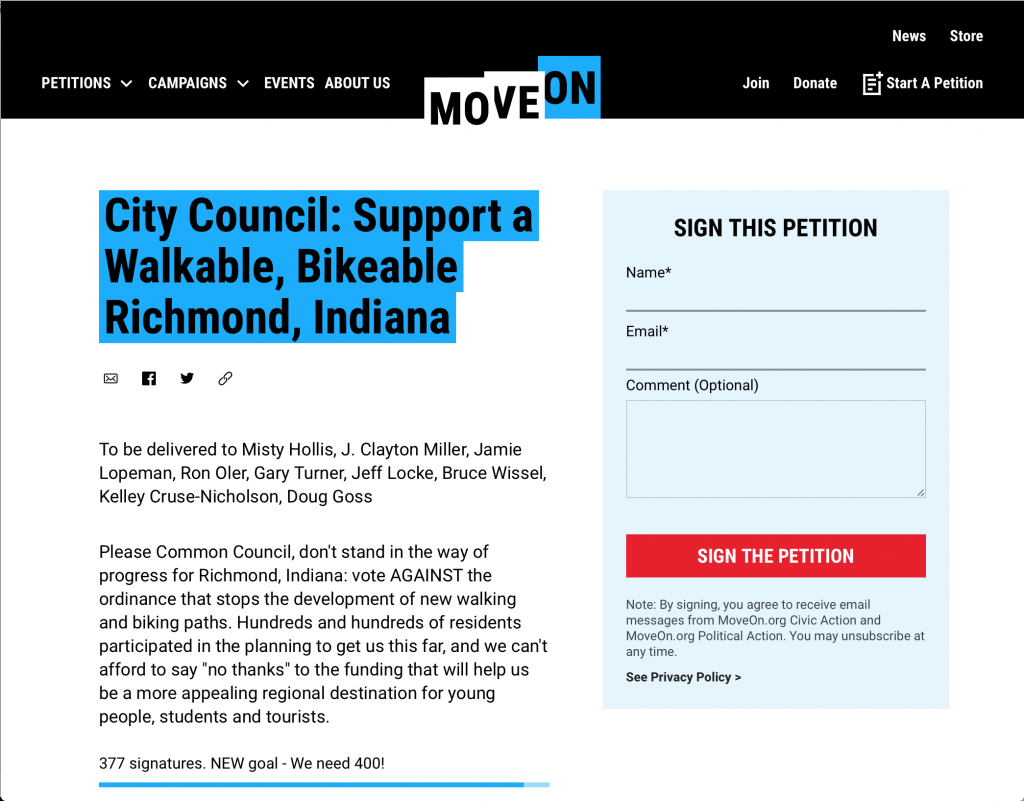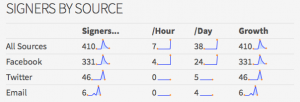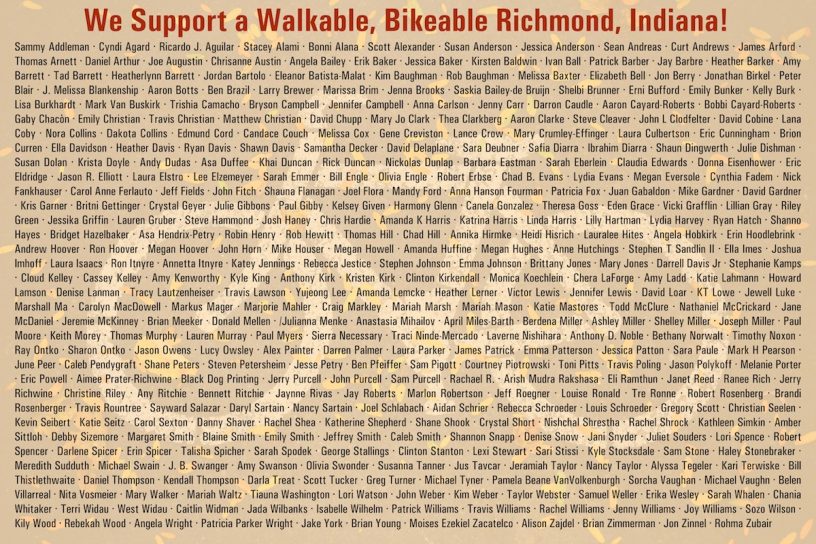Last week I had a short humor piece published in McSweeney's Internet Tendency. It's been exciting not only because I adore McSweeney's as a publication and am honored to have a byline there, but also because it reminds me how fun it is to have my writing distributed for others to read. And, it's the second time it's happened that way in as many weeks.
I've had that excitement to some degree or another in a few other places: as a reporter and editor for my high school and college newspapers, as a writer for a satirical high school publication (called The Hierarchy of the Zucchini People, naturally), having some creative writing accepted into literary magazines, as an occasional columnist for my local city newspaper, and as a long-time blogger.
Still, I've been conflicted at times about calling myself a writer. And while I subscribe to the notion that one can be a thriving writer even if no one is reading your stuff, it does feel pretty nice when the universe affirms the value of something I've written.
Yes, this website is a largely built around my writing, my longest standing byline of them all. And some of my posts here have seen thousands of views in a day when they're linked from Hacker News or Reddit. But most of the time there are a few hundred visits per day at most, and many of those are to the same handful of technical articles; I don't publish here consistently enough to draw much of a regular readership. It's easy to think of it as "just a blog."
So If I'd posted the above humor piece on this site and linked to it from my Twitter account, I'm guessing it may have been seen by tens or maybe hundreds of people. I might have gotten a comment or two, maybe a few likes from my Twitter followers, and that would be fine.
By publishing on McSweeney's, it's been very different. My own tweet about the piece has been viewed over 13,000 times, the link clicked many hundreds of times. It's also been fun to see other people sharing and discussing the link on Twitter, and presumably on other platforms too.

Most commenters see it as "that new bit from McSweeney's" and not anything from me in particular, just as we tend to associate writing from The Onion or The New York Times with the publication more than the author. That's okay with me - I'm happy to contribute to what McSweeney's is and does in that way.
It also makes me appreciate publications that are open to submissions and that lift up writing done outside of the traditional publishing model (Longreads, part of the Automattic family, not least among them).
I plan to continue putting most of my public writing on my various personal websites. But I have lots of ideas for other publications and media that I could submit to and work with, and myriad notes on possible book topics, editorials, screenplays, journalism projects, short stories and more that I'd love to pursue. Seeing my writing being enjoyed by others certainly encourages me to spend more time on all that, and to live further into the part of my identity that is and probably always has been, "writer."


 The system offered up interesting summary stats about where signatures were coming from and what activity on the petition looked like over time.
The system offered up interesting summary stats about where signatures were coming from and what activity on the petition looked like over time.